On Financial Planning and Being Prepared: Personal Risk Management Strategies to Consider
Personal risk management is an essential component of financial planning. Done properly, it helps us prepare for and mitigate potential financial losses. Emergency cash reserves and insurance are two critical tools that can help individuals manage personal risk. When does it make sense to use insurance, and when does it make sense to self-insure? Let’s discuss.
Emergency Cash Reserves
An emergency cash reserve is a pool of money set aside to cover unexpected expenses or income disruptions. Financial experts often recommend keeping three to six months' worth of living expenses in an emergency fund. This fund should be easily accessible, preferably in a high-yield savings account or a money market fund, and should not be invested in stocks or other volatile assets.
An emergency cash reserve can help you cover unexpected expenses such as car repairs, medical bills, or job loss. Without an emergency fund, individuals may have to rely on credit cards or loans to cover these expenses, which can lead to high-interest debt and financial stress.
Unfortunately, there’s no way to outsource this risk - having an emergency fund is a core piece of personal risk management that should be a top priority for anyone looking to break the paycheck cycle and build long-term wealth.
Insurance
Insurance is another tool that can help you manage personal risk. In general, insurance policies transfer the risk of loss from the individual to the insurance company. In exchange for a premium, the insurance company agrees to pay for covered losses up to the policy's limits.
Before purchasing insurance, it is important to consider several factors, such as the likelihood of the loss, the potential financial impact of the loss, and the cost of the insurance policy. For example, individuals living in areas prone to natural disasters may want to consider buying (or may even be required to buy) homeowner's insurance that covers flood or earthquake damage. Similarly, individuals who own expensive assets such as a car or a boat may want to consider purchasing comprehensive insurance coverage to protect against theft or damage. These are just a few examples on a few types of risk. More common risks include the risk of illness, injury or death, all of which can affect you and your family’s finances. Managing against these risks should be a top priority for you if you want to succeed financially.
When to Self-Insure
While insurance can be a valuable tool, there are some cases where self-insuring may make more sense. Self-insuring means setting aside money to cover potential losses rather than purchasing an insurance policy. This approach can be more cost-effective for losses that are unlikely to occur or have a relatively low financial impact.
For example, individuals with a high net worth may choose to self-insure for minor losses such as small car accidents or minor property damage. In these cases, paying out of pocket for the losses may be more cost-effective than paying for an insurance policy. It may also make sense to self-insure against the cost of care for chronic illness. Each situation is different, so be sure to talk to a qualified financial advisor about whether it makes sense to outsource your risks.
Final Thoughts
Like a solid foundation is essential for a home, personal risk management is an essential component of financial planning. Emergency cash reserves and insurance are two critical tools that can help individuals manage personal risk. Before purchasing insurance, it is important to consider the likelihood of the loss, the potential financial impact of the loss, and the cost of the insurance policy. In some cases, self-insuring may be a more cost-effective approach. By understanding personal risk and implementing the appropriate risk management tools, individuals can protect themselves against financial losses and build a secure financial future.



